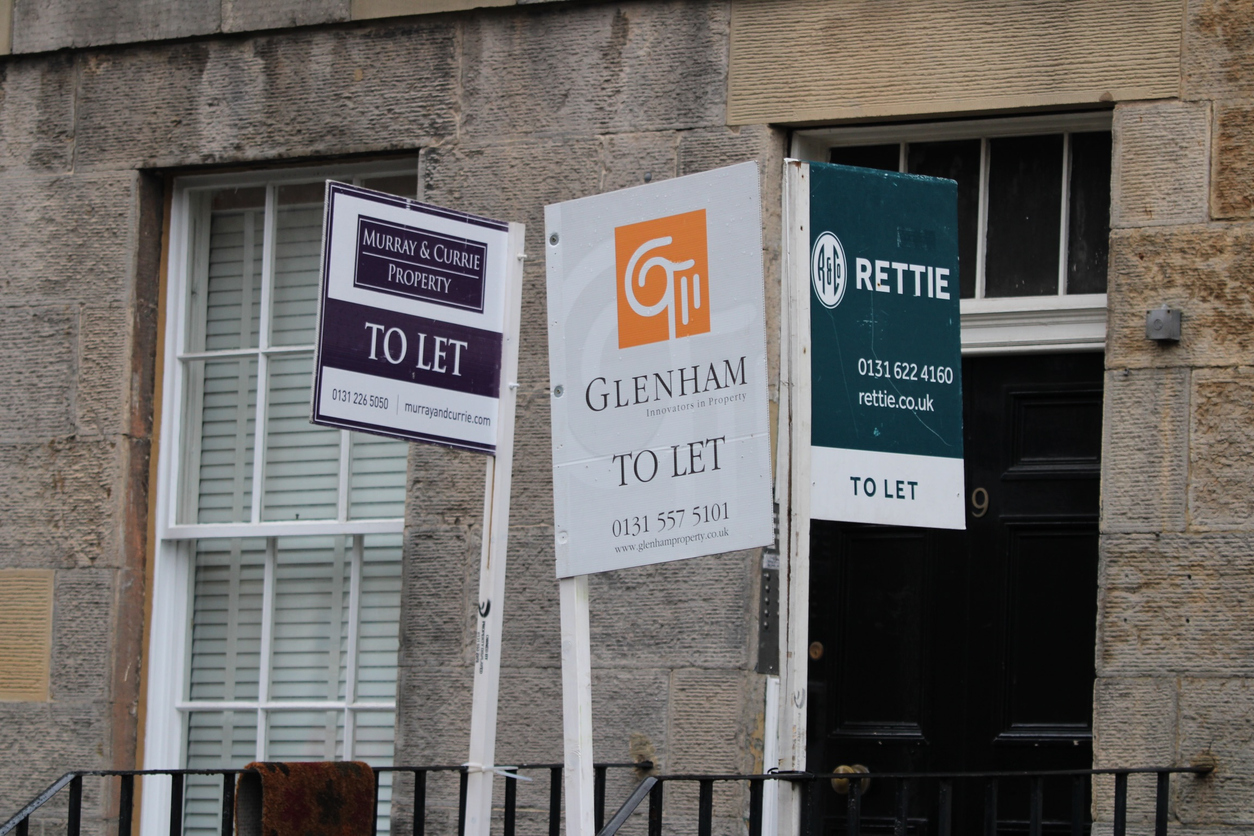Protections for tenants have changed in recent weeks, with many Scots reporting significant increases in their monthly rents after the end of the so-called ‘rent cap’.
Ferret Fact Service explains what is going on.

What was the rent cap?
The Scottish Parliament passed emergency legislation in 2022 in response to the cost-of-living crisis, which introduced a cap on rent increases for existing tenants.
It meant that private landlords could increase rent for tenants by three per cent every year. In some cases, landlords could apply to increase rents by up to six per cent to “help cover certain cost increases incurred in the preceding six months”.
This did not stop larger increases being put in place between tenancies, when the property was being advertised.
The law initially applied until the end of March 2023, but was extended by the Scottish Government until 31 March 2024.
There was also a limited pause on eviction enforcement in Scotland. This also ended on 31 March.
What are the rules now?
There have been reports that landlords notified tenants of significant increases, now the rent cap has ended.
The law says that private landlords need to give tenants three months’ notice before they raise the rent, and can only raise it once every 12 months.
Tenants can contest a rent increase if they feel it unreasonable. They can apply to have a rent officer from Rent Service Scotland adjudicate on whether the increase is proportionate, based on information about the property and similar market rents in the same area.
If the rent officer decides to intervene, the maximum increase would be either six or 12 per cent, depending on the difference between the current rent and average rent prices in the area.
There is also something called rent pressure zones where a local council can apply for rent increases to be restricted in a certain area if they feel rents are rising too much.
This has been in place since 2017 and has yet to be used by a local council in Scotland. The policy has been criticised for the amount of detailed data that councils are required to provide to apply for a zone to be established.
What is the Scottish Government planning to do?
New wide-reaching legislation for tenants in Scotland has been proposed by the Scottish Government.
The housing bill was introduced to parliament in March 2024, and proposals include “long term rent controls for private tenancies, new rights to keep pets, decorate rented homes and stronger protection against eviction”.
Ministers also want to introduce rent control zones to replace the previous rent pressure zones. Local councils would be duty-bound to assess rent prices and increases in its area, and then report to the Scottish Government, which would then have the power to put rent controls in place.
This is a change from the rent pressure zones policy in place since 2017, by making rent assessments mandatory rather than at the discretion of local councils.
The new rent control zones would also restrict increases between tenancies, so landlords would not be able to markedly increase rent when a property was re-advertised.
Evictions are also part of the new proposed housing bill, with policies aimed at delaying eviction enforcement under some circumstances. There would be a requirement for the eviction tribunal and the Sheriff Court to consider “seasonal pressures or individual circumstances” in deciding whether evictions should be delayed.
Ferret Fact Service (FFS) is a non-partisan fact checker, and signatory to the International Fact-Checking Network fact-checkers’ code of principles.
All the sources used in our checks are publicly available and the FFS fact-checking methodology can be viewed here.
Want to suggest a fact check?
Email us at factcheck@theferret.scot or join our Facebook group.
Photo credit: iStock/Serge Cornu.














